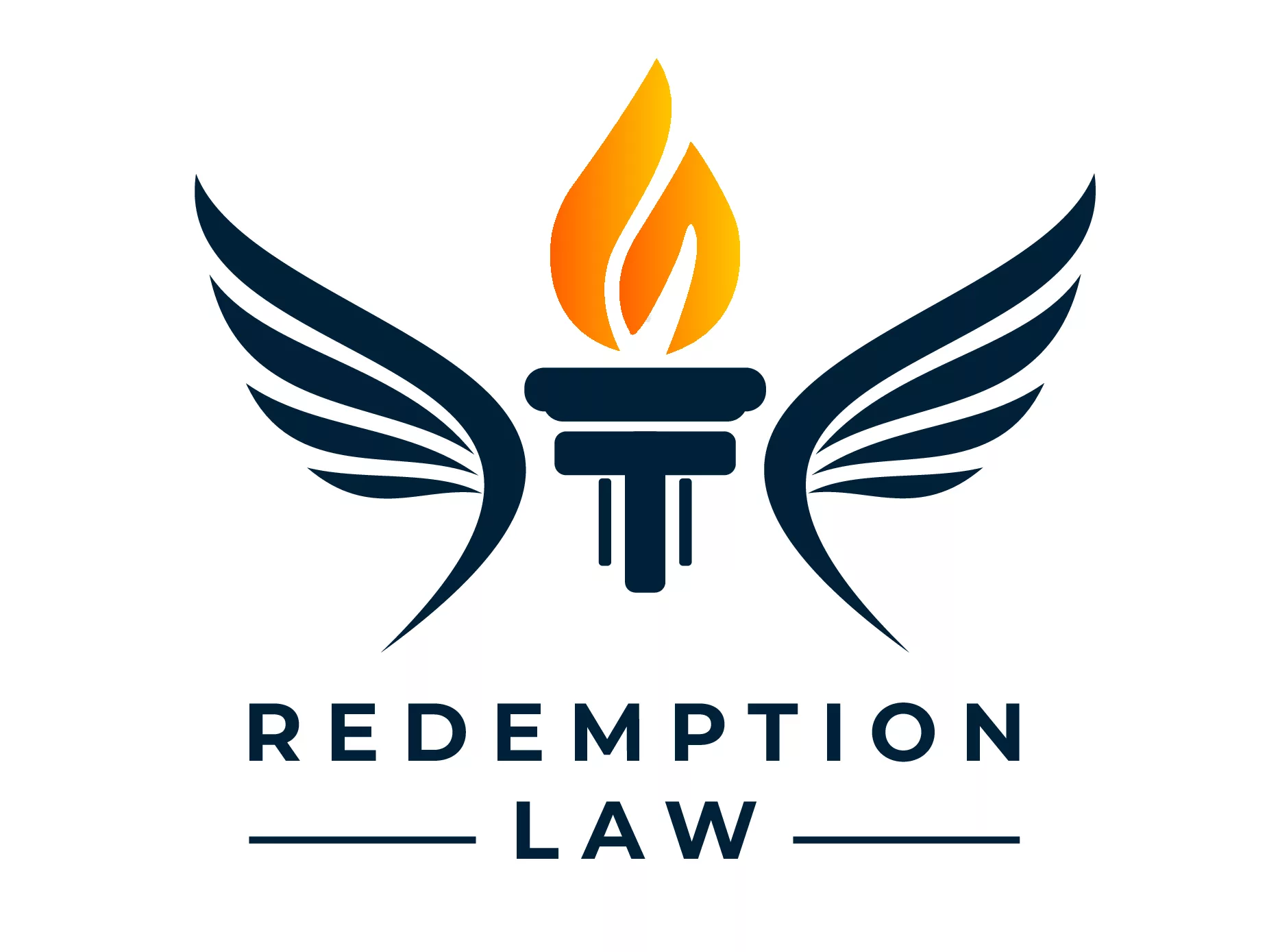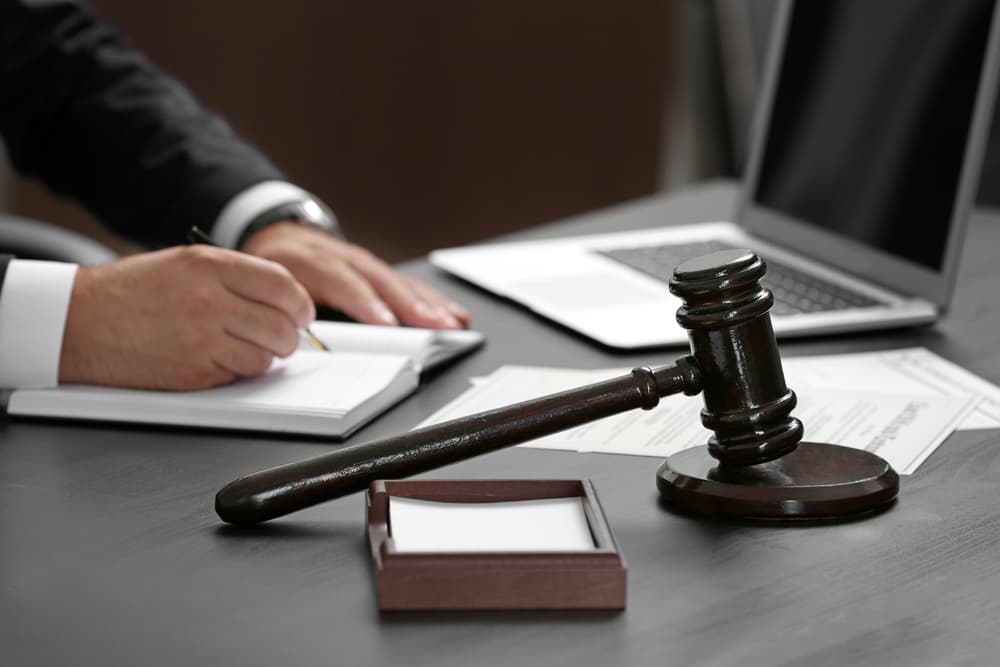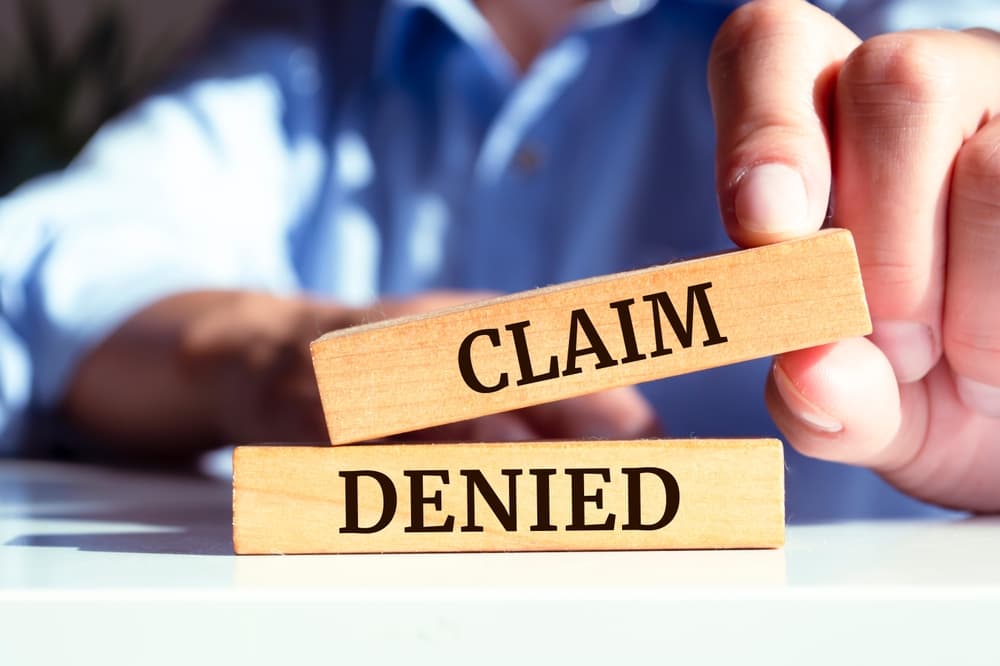When the unexpected happens and you have to grapple with a personal injury, navigating the complicated process of filing a United Services Automobile Association (USAA) injury claim requires legal help. Miami auto accident lawyers handle the ins and outs of USAA injury claims, using their experience and understanding of the law to protect your rights and pursue the compensation you need.
Understanding USAA Injury Claims
USAA is a provider of insurance and financial services for active duty and retired military personnel and their family members as well as the general public. The organization sells many insurance policies, including automobile, homeowner, and property insurance policies. When you sustain a serious injury due to the negligence of someone with USAA insurance, you may file a claim with the insurer against the at-fault party’s policy.
Filing a claim involves notifying USAA about the accident, receiving and completing claim paperwork, and compiling all relevant documentation, including medical records, police reports, and invoices.
The Role of Lawyers in USAA Injury Claims
Personal injury lawyers play an indispensable role in resolving otherwise stressful and time-consuming USAA injury claims. They handle every step of the procedure to ensure the prompt and efficient handling of your claim.
They meticulously evaluate each claim by determining its validity based on the evidence and documentation, including factors such as the severity of the injury, the extent of medical treatment, and future medical needs. A thorough evaluation ensures a complete understanding of the claim’s merits, increasing the likelihood of success.
In many states and cases, the first claim will be against the claimant’s insurance policy, such as a personal injury protection policy following a car accident in a no-fault state.
The filing of third-party claims against a relevant policy that the liable party holds in car accident cases involving serious injuries, along with homeowners’ or property insurance policies, is also common. Whether you or the at-fault party holds an insurance policy through USAA, lawyers have experience with USAA’s claims process.
The Negotiation Process With USAA
Insurance providers have a contractual obligation to those who purchase their liability policies to cover physical harm and property damage resulting from the policyholder’s carelessness. Your lawyer will wait until your condition has stabilized and your doctor has determined that your condition is unlikely to improve, even if treatment continues, before determining the value of your claim.
At this point, they will have a clearer picture of the expenses you have incurred because of the accident and the presence of any permanent injuries that will necessitate compensation for future medical expenses.
When somebody files a claim against a USAA insurance policy, the company assigns it to a claims adjuster. As Investopedia explains, an insurance claims adjuster is an insurance company employee who evaluates claims made against policies to determine the extent of the policyholder’s liability.
They also determine how much money the company has to pay out because of that liability.
When the claims adjuster has completed their evaluation of the claim, they can make one of three decisions:
- They can accept the insured’s liability and pay the claim’s full value.
- They can deny the claim; however, to do so, they must provide the claimant and their lawyer with written notification of the denial and their reason for denying the claim.
- They can accept the insured’s liability but offer to settle the claim out of court for less than its established value.
The vast majority of USAA injury claim resolutions involve settlements. Settlements are commonly the preferred method of resolving personal injury claims, as they are less expensive and time-consuming than litigation and provide a greater sense of control and certainty about the outcome. When a claims adjuster offers an initial settlement, it is usually for far less than the established value of the claim. Your lawyer will negotiate with the claims adjuster to get you an offer that fairly compensates your claim.
Dealing With Claim Denials
An insurance company may deny a claim after the claims adjuster has completed their evaluation. The insured might let their coverage lapse by not paying their premiums. Policy exclusions are limitations on coverage for certain types of events and can affect whether there is compensation for your claim. Policy limits can also lead to the denial of a claim for more than the maximum coverage that the policy pays out.
Finally, a claims adjuster can deny the claim if they dispute liability or believe that the accident did not cause the claimant’s injuries.
While a personal injury lawyer has ample experience in filing claims, there are still times when the insurer decides to deny the claim. Additionally, lawyers often assist claimants who have attempted to navigate the claims process on their own and have only hired an attorney after a denial of their claim. In the event of a denial, personal injury lawyers do not back down easily. They take proactive steps to appeal the decision, using compelling evidence and effective arguments.
According to USAA, after the denial of a claim, the company provides the claimant with a reason for the denial, partial denial, or exclusions from coverage. The denial also comes with instructions on how to appeal the claim and provide more information so it is eligible for reconsideration.
Your attorney will handle your appeal from start to finish, offering the information that the company needs to take a fresh look at the claim. The success rate of appeals is significant, and with a lawyer handling the process, you stand a better chance of overturning the denial.
The Litigation Process
Sometimes, litigation becomes necessary when negotiations fail or the insurance company unjustly denies the claim. Our lawyers handle the entire process, from preparing the case to representing you in court, ensuring your best interests remain a top priority.
One of the most important aspects of using the court process to seek compensation by presenting the case to a judge or jury is ensuring the filing of the claim before the statute of limitations expires.
Cornell University’s Legal Information Institute defines the statute of limitations as any law that bars claims after a certain amount of time has passed since the injury. The state where the accident occurs sets the statutes of limitations for personal injury claims, and they can vary widely from state to state. Most commonly, this deadline occurs two years after the accident.
Filing the claim in court before the statute of limitations expires is very important, as the court will almost always refuse to hear the claim after it has expired. Furthermore, the insurance provider is no longer legally necessary to resolve expired claims. Your attorney is aware of the importance of this date and will manage the timing of the claims process to protect your right to use the court system if the insurance provider fails to fairly compensate the claim.
Making a Settlement After Filing a Lawsuit
When a lawyer files a lawsuit in court, it does not mean that settlement negotiations are over. Filing a lawsuit is often the catalyst for more productive settlement conversations, as the claims adjuster knows that they only have a limited time to resolve the claim and avoid the expenses of a trial.
You may receive a settlement offer at any point in the process.
Going Through the Pre-Trial Process
After filing your lawsuit, and even while continuing to entertain settlement offers, your attorney will begin handling the pre-trial process in your case. One of the main facets of this period is discovery.
According to the American Bar Association, discovery is the formal process through which each side of the dispute exchanges information about the witnesses and evidence they plan to introduce at trial. USAA and other insurers, in most cases, must defend their insured against claims, providing an attorney to handle that defense, and the attorney will likely want to depose you, just as your attorney will likely depose the at-fault party and other witnesses.
A deposition is an out-of-court, sworn testimony that the parties can use at trial or during the preparation of the trial to understand what the witness will likely say if they have to stand. Other discovery methods include interrogatories, which involve written questions that the plaintiff’s attorney sends to the defendant or vice versa.
The recipient of these questions must provide written answers to them. Your attorney can also obtain evidence that the at-fault party holds by filing a motion in court requesting the production of documents or evidence.
Filing and responding to motions is another common pretrial activity. The judge in the case must decide after reading a filed motion and response whether to grant the motion at a hearing. Your attorney will attend these hearings on your behalf.
Some of the common motions involved in the pre-trial process of a personal injury case include:
- A motion to dismiss: As the Legal Information Institute explains, a motion to dismiss asks the judge to dismiss the case for various reasons. It may be permissible for the claimant to use a voluntary motion to dismiss if the case settles before the trial begins, as the settlement agreement involves compensation that the claimant receives in exchange for them not pursuing the case in court.
- A motion for summary judgment: This motion asks the judge to decide on the case’s merits before the trial when the facts are not in dispute and only a question of law requires a decision.
- A motion in limine: This motion asks the judge to admit or exclude certain types of evidence from the trial.
Most personal injury trials last less than a week, but the months leading up to the trial are a busy time for your attorney as they prepare your case and prepare you for the events about to occur, such as a deposition or questioning on the stand.
Affording an Experienced Trial Lawyer to Handle Your Claim
Because so many personal injury claims resolve through settlements, many lawyers do not have ample experience with the courtroom process. Hiring a personal injury attorney who has been successful in settlements and litigation is important, as they will be best prepared to fight for you to receive the maximum compensation available, whether in settlement negotiations or the courtroom.
Unfortunately, many people do not have an attorney to handle their claims because they do not think they can afford one.
Most personal injury lawyers use a contingent fee billing method to ensure their services are available for anyone who needs them. With this billing method, the payment for the lawyer’s services is contingent on a successful outcome to your claim.
If you do not receive compensation, your lawyer does not receive payment; however, if you receive compensation for your claim, your attorney will receive a percentage of the overall award. The details of this percentage will be present in a contingent fee agreement that you and your attorney sign when you decide to hire them to represent your case.
Bringing Experience to Your USAA Injury Claim

Obtaining legal help when dealing with a USAA injury claim is crucial. Our lawyers bring experience and dedication, making them invaluable to navigating the complex injury claim process. The journey may be challenging, but an experienced Miami personal injury attorney will perform all the necessary services to secure the compensation you rightly deserve.
Related articles
Related articles Related articles Related articles Related articles Related articles Related articles Related articles Related articles Related articles Related articles
Personal Injury
02 Feb 2024
How Long After An Accident Can You Claim Injury?








